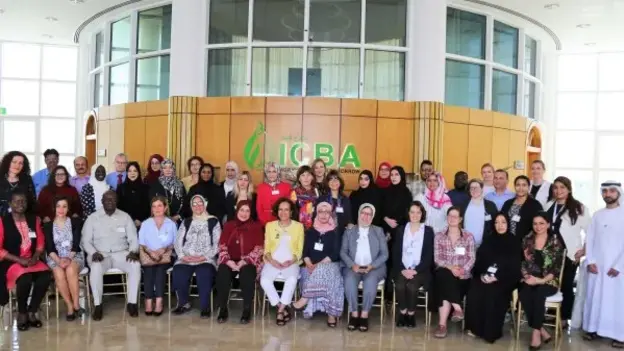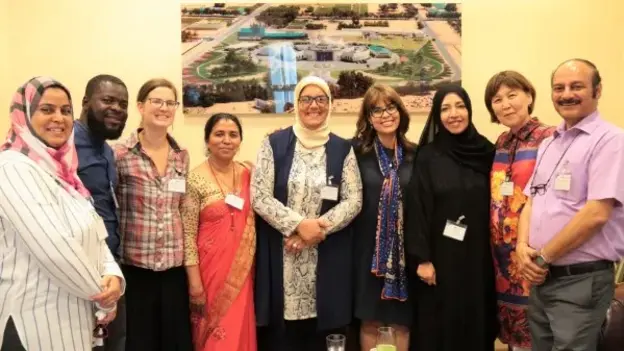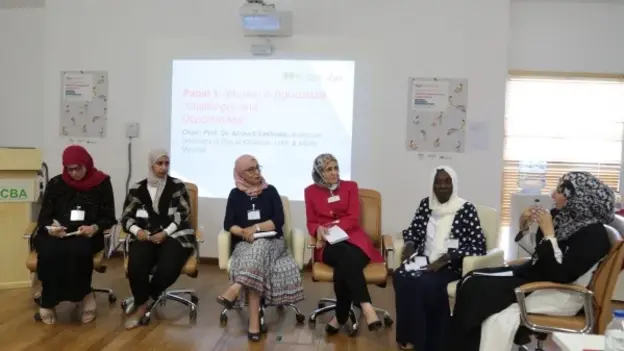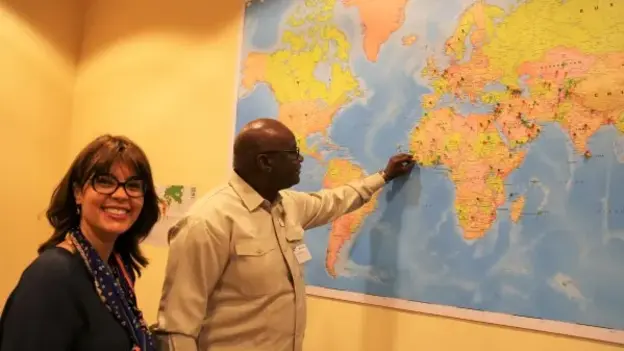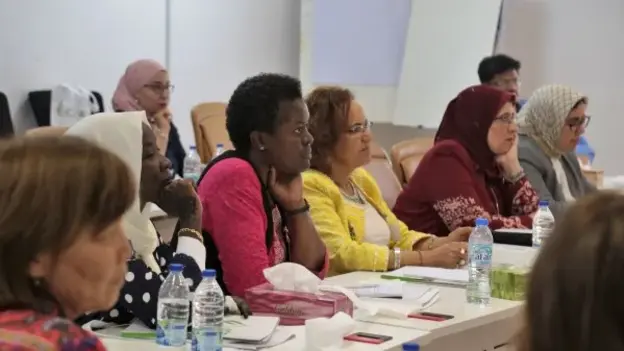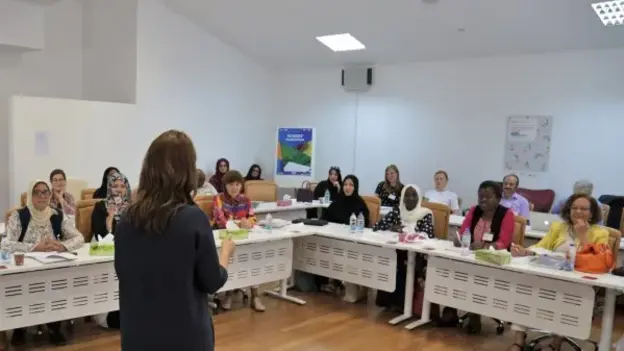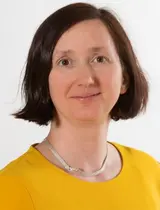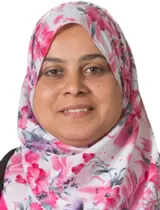Tandem Project & Alumni Project
Empowering Women in Agriculture
Conference
Not only are women nearly half of the world’s farmers, but growing numbers of women contribute to the field of agriculture as researchers, engineers, entrepreneurs and policymakers. Yet, women in agriculture still face numerous challenges – structural, social and individual – related to their gender. Emphasis on and initiatives designed to enhance women’s empowerment in agriculture are not new. To date, however, the MENA region, where nearly 40% of farmers are women, has been largely absent from gender-transformative approaches to agriculture now prominent in other regions. At the same time, the Arab world is home to cutting-edge research on agriculture in marginal environments and, particularly in the Gulf states, a leader in government provision of agricultural extension services and funding grants.
Opening Lines of Exchange Between Women in Agriculture in the Arab World and Other Regions
In a decisive step towards enhancing women’s agency and influence in agriculture in the Arab world, the Arab-German Young Academy (AGYA) organized an interdisciplinary conference on ‘Women’s Empowerment in Agriculture’ (25-27 June 2019) in cooperation with the International Center for Biosaline Agriculture (ICBA) in Dubai. In line with AGYA’s aim to promote interdisciplinary North-South-South knowledge exchange, the event brought together farmers, scientists and policy-makers from 16 countries spanning Germany, the Arab world (Algeria, Egypt, Jordan, Kuwait, Morocco, Oman, Palestine, Sudan, Tunisia, UAE) and beyond (Benin, Italy, Kazakhstan, Kenya, Nepal) for bottom-up networking, brainstorming and exchange.
Gender Transformative Approaches and Agriculture in Arab World
In a keynote address, Dr. Malika Martini (FAO) discussed the Women’s Empowerment in Agriculture Index (WEAI), which measures the role and extent of women’s engagement, empowerment and agency in the agriculture sector in five domains: decisions about agricultural production; access to and decision-making power over productive resources; control over use of income; leadership in the community; and time use. According to Martini, empowerment involves understanding contextual factors limiting women’s agency, which is not a technical problem with a linear solution, but an iterative process that requires multi-disciplinary engagement and diverse tailored initiatives. ‘We must ask ourselves who defines what transformative change means,’ she urged. ‘We should not think that by providing projects and programs that we are empowering women’, she concluded, ‘we are providing the opportunity to achieve empowerment.’
Challenges, Opportunities and Future Visions for Women in Agriculture
A diverse range of panelists on the first day offered examples of concrete challenges faced by women in Arab world and Germany, as well as opportunities and future visions for change. Setta Tutunndjian from ICBA (UAE) noted, for example, that in the Arab world, less than 5% of agricultural extension services – that is, capacity building for farmers in applying scientific research and new knowledge in agriculture and marketing – are designed for women. She pointed to the recent hiring of four young women in extension services in the UAE, all of whom were present at the conference, as a hopeful model for making extension services more responsive to and inclusive of women. Other concrete examples of improving women’s access to information, training, technology and networking also offered promising ways forward.
Voices from the Field: Sharing Farmers Success Stories
The most inspiring part of the conference were presentations and dialogue between farmers highlighting success stories of women’s empowerment in agriculture. Farmers Ameena Al Tenaiji and Abdul Rahman Al Shamsi from the UAE shared their impressive experiences in combining cutting-edge science in aquaponics and integrated farming techniques to create synergies with their local resources and conditions to identify and align nutritional demands and by-products of farmable organisms. By building custom integrated systems utilizing aquaculture and biofilters, both farmers have been able to drastically cut their water consumption, while increasing yields in comparison to conventional farms, producing both fish and well as fruits and vegetables.
Other exciting examples in aquaponics and integrated farming came from Kuwait and Benin, while farmers from Kazakhstan, Morocco and Nepal shared success stories of women in seed production, the creation of cooperatives, and joint initiatives linking farmers and researchers. From Germany, farmer Anja Hradetzky shared her success in reviving traditional farming methods, using low-stress stockmanship and utilizing local plant strains. Independently processing their milk and meat, selling directly to customers and creating a farmer’s market and a self-organized support group for young farmers has been key for empowering women and reinvigorating people’s relationship to the land and animals they rely on for sustenance.
‘There is no future without agriculture and there is no agriculture without women.’
The conference also included a day of training in ‘Positive Design Thinking’ that offered new perspectives and tools for addressing challenges and supporting women in agriculture. In two ‘World Café’ seminars, participants thought through women’s different roles as researchers, rural family members and in relation to extension services, as well as different facets of cultivating assertiveness. At the end, participants brainstormed recommendations for the future, which included continuing and formalizing the network of women in agriculture sparked by the conference; disseminating more lessons and success stories of women in agriculture, particularly from the Arab region; and establishing hands-on training opportunities through exchange visits to each other’s farms and labs. All left energized and inspired for further exchange on how to support and empower women as innovators and change agents in agriculture.
- Disciplines Involved
- Agricultural Studies, Biology, Psychology
- Cooperation Partner
- International Center for Biosaline Agriculture (ICBA), UAE
- Venue
- International Center for Biosaline Agriculture (ICBA), UAE
- Project Title
- Empowering Women in Agriculture Through Interdisciplinary Exchange
- Year
- 2019
- Funding Scheme
- Tandem Project & Alumni Project
- Countries Involved
- Germany, United Arab Emirates
- AGYA Publication
- Female Voices from the Field. Success Stories of Women’s Empowerment in Agriculture
